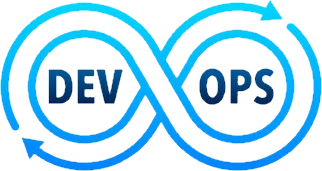Cloud Engineer Learning Path
The Cloud Engineer Learning Path is tailored to your experience level and designed to equip you with the skills necessary for a career in cloud engineering. It covers a wide range of foundational and advanced topics from DevOps essentials to certification.
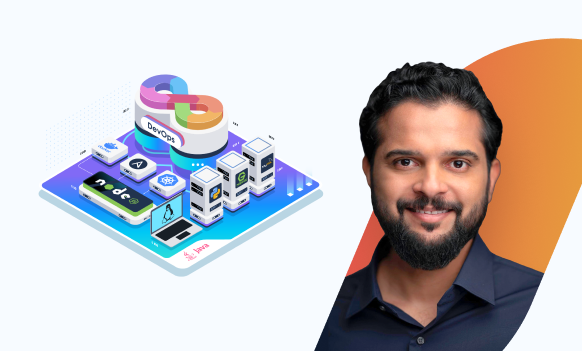

.svg)

.svg)

.svg)
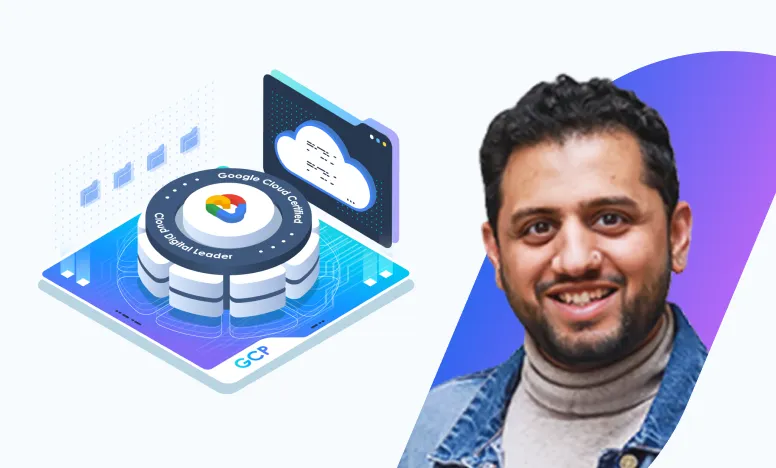
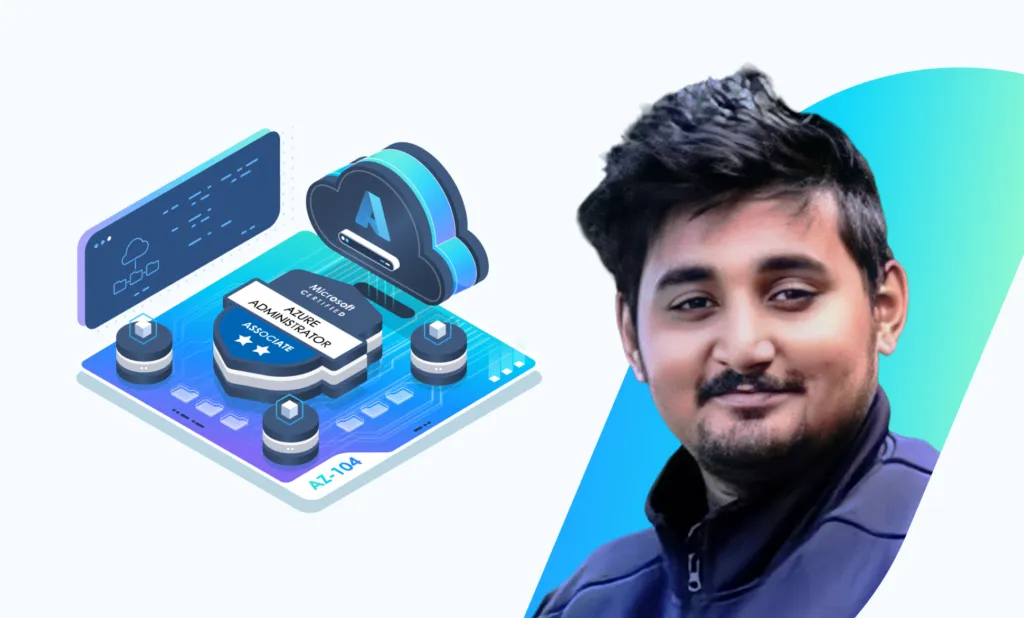

.svg)
.webp)
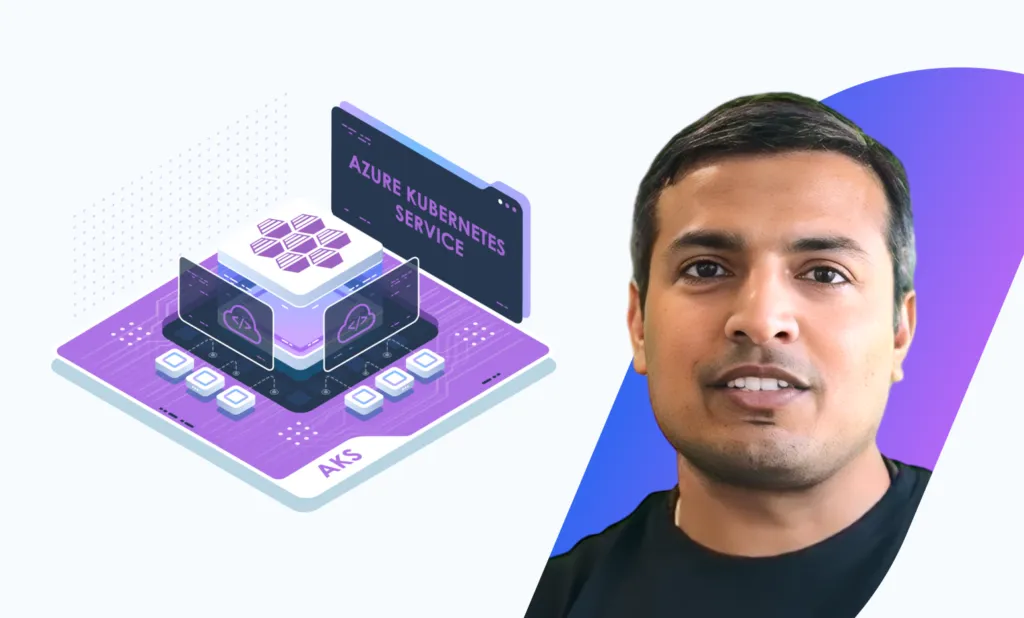

.svg)
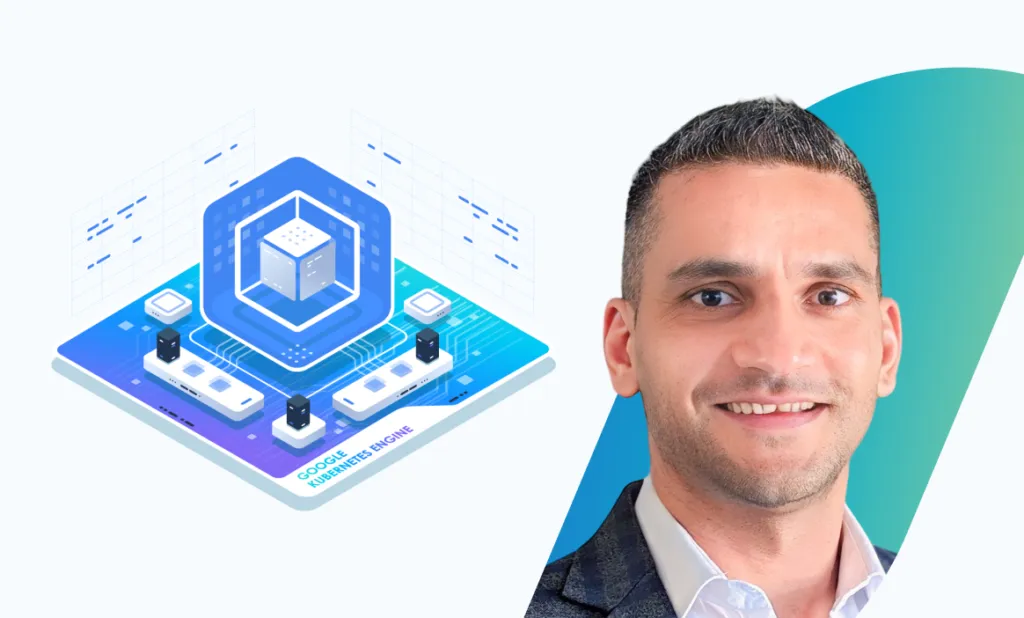
.svg)
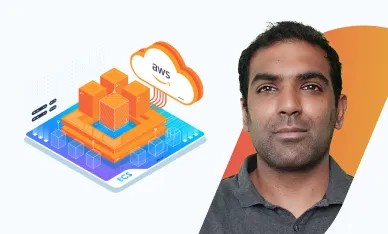




.svg)
.webp)
(AWS EC2)
.svg)
.svg)
.webp)
.svg)
.webp)
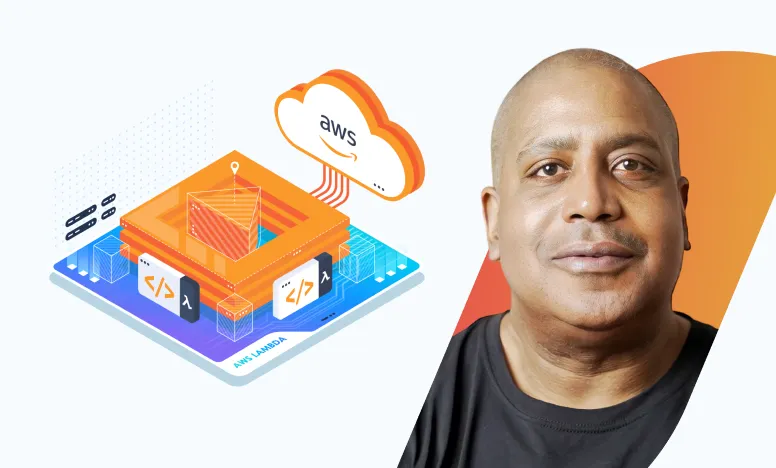



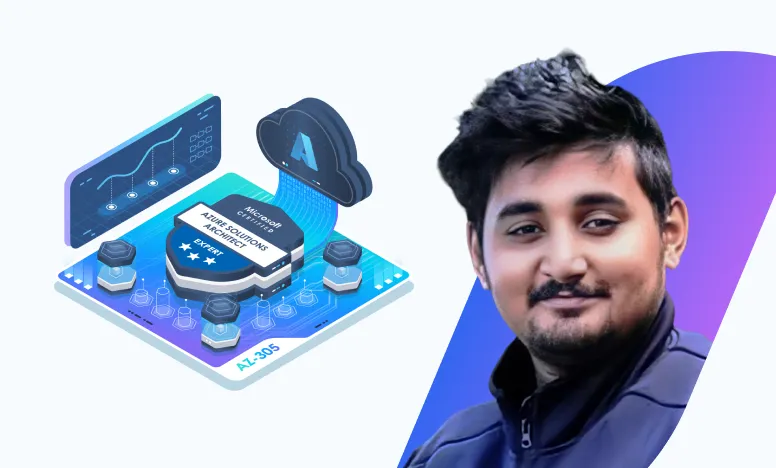

.svg)
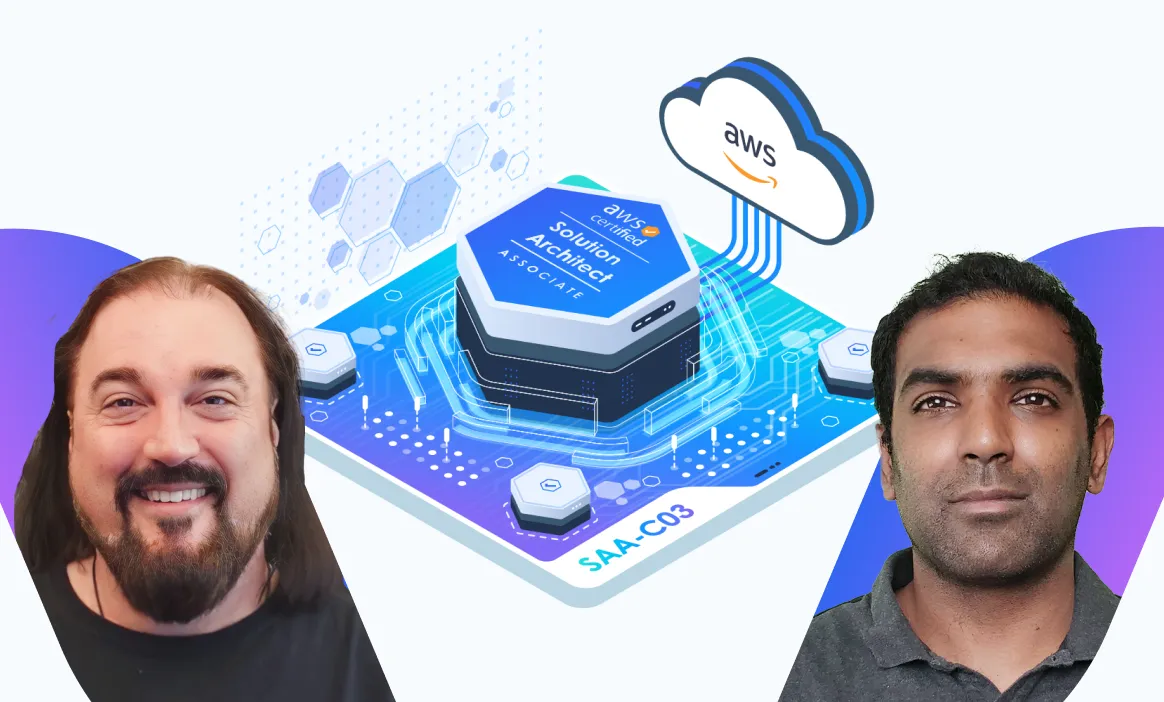
How long will it take for me to complete?
What day-to-day looks like
- Designing Cloud Infrastructure
- Developing Cloud Solutions
- Migrating Systems
- Deploying Applications
- Monitoring System Performance
- Troubleshooting and Resolution
- Security Measures Implementation
- Resource Optimization
- System Updates and Maintenance
- Client and Stakeholder Communication
Cloud Engineer
Test your Readiness for Free!
Topic based learning paths
Role based learning paths
FAQs
What is a Cloud Engineer?
A Cloud Engineer is a professional responsible for designing, implementing, and managing cloud infrastructure and services. They work with cloud providers like AWS, Azure, Google Cloud, or others to build and maintain scalable and reliable cloud solutions.
What are the key responsibilities of a Cloud Engineer?
Cloud Engineers are responsible for tasks such as cloud architecture design, deployment, configuration management, security, performance optimization, and troubleshooting cloud-based systems.
What skills are essential for a Cloud Engineer?
Essential skills include cloud platform expertise (e.g., AWS, Azure, Google Cloud), proficiency in infrastructure as code (e.g., Terraform, AWS CloudFormation), knowledge of automation and scripting, and cloud security and compliance.
Is programming knowledge required for a Cloud Engineer role?
While not mandatory, programming and scripting skills (e.g., Python, Bash) are highly beneficial for automation and customizing cloud deployments.
What certifications are valuable for Cloud Engineers?
Certifications like AWS Certified Solutions Architect, AWS Certified DevOps Engineer, Microsoft Azure certifications, Google Cloud Professional Cloud Architect, and CompTIA Cloud+ are valuable credentials.
How does a Cloud Engineer differ from a DevOps Engineer?
Cloud Engineers focus on cloud infrastructure and services, while DevOps Engineers emphasize automation, continuous integration, and continuous delivery (CI/CD) processes, often including cloud-related tasks.
What is Infrastructure as Code (IaC), and why is it important for Cloud Engineers?
IaC is a practice of managing and provisioning infrastructure using code. It's crucial for Cloud Engineers as it allows them to automate and version control cloud resource deployments, enhancing efficiency and consistency.
How do Cloud Engineers ensure security in cloud environments?
Monitoring is crucial for observing the health Cloud Engineers implement security best practices, configure access controls, monitor for threats, and use security services provided by cloud providers to protect cloud resources. performance of Kubernetes clusters and applications. Prometheus is a widely used monitoring toolkit specifically designed for Kubernetes.
What is the role of a Cloud Engineer in cloud cost management?
Cloud Engineers optimize costs by choosing cost-effective services, monitoring resource usage, implementing auto-scaling, and ensuring that cloud resources are provisioned and deprovisioned efficiently.
How do I become a Cloud Engineer?
To become a Cloud Engineer, start by gaining foundational knowledge in cloud platforms, learning key services, and obtaining relevant certifications. Gain experience through hands-on projects and consider pursuing more advanced certifications as you progress in your career.




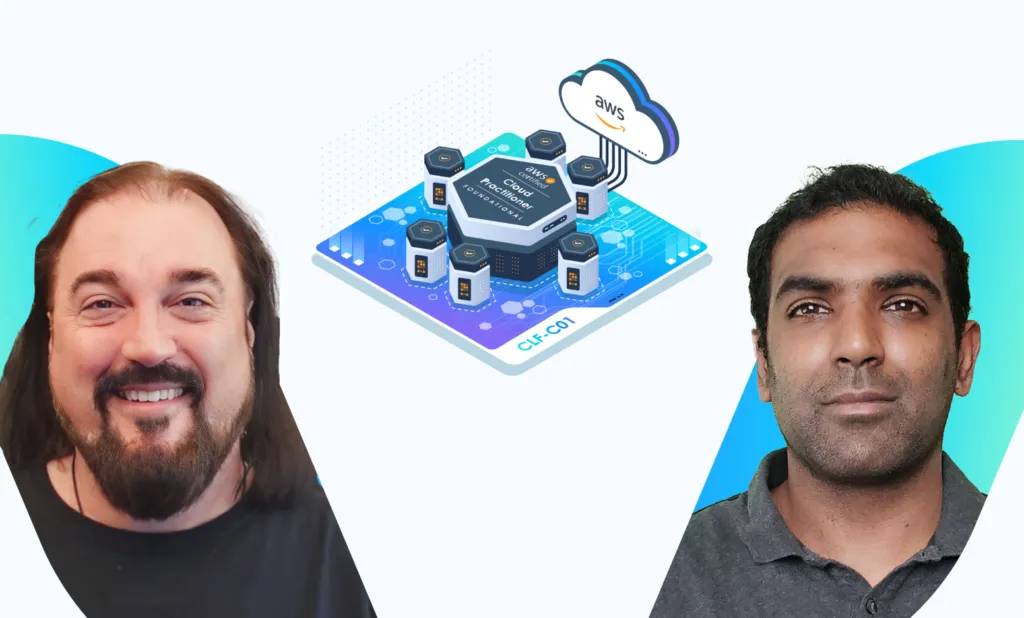
.svg)
.svg)

.svg)
